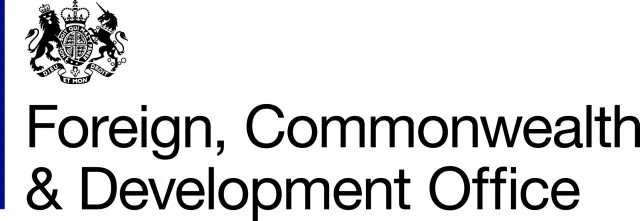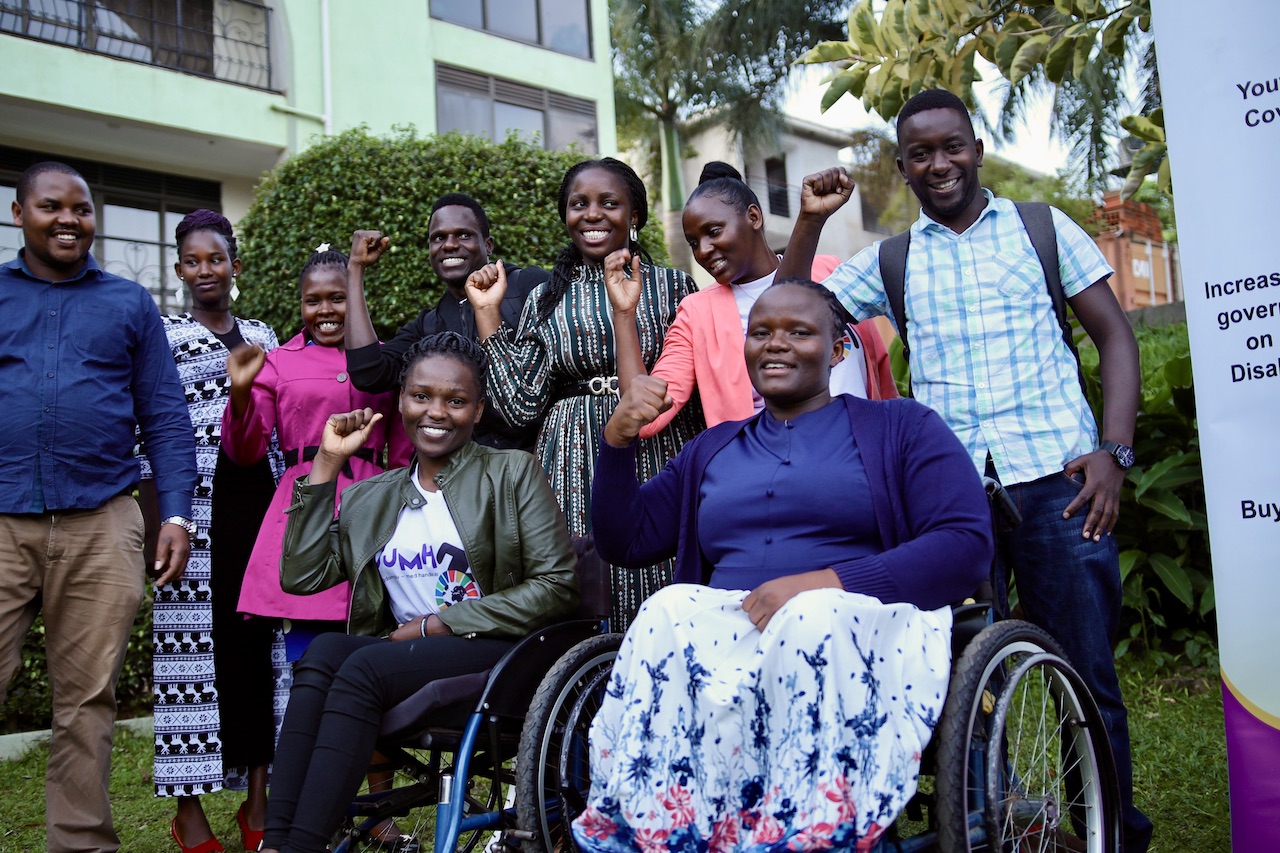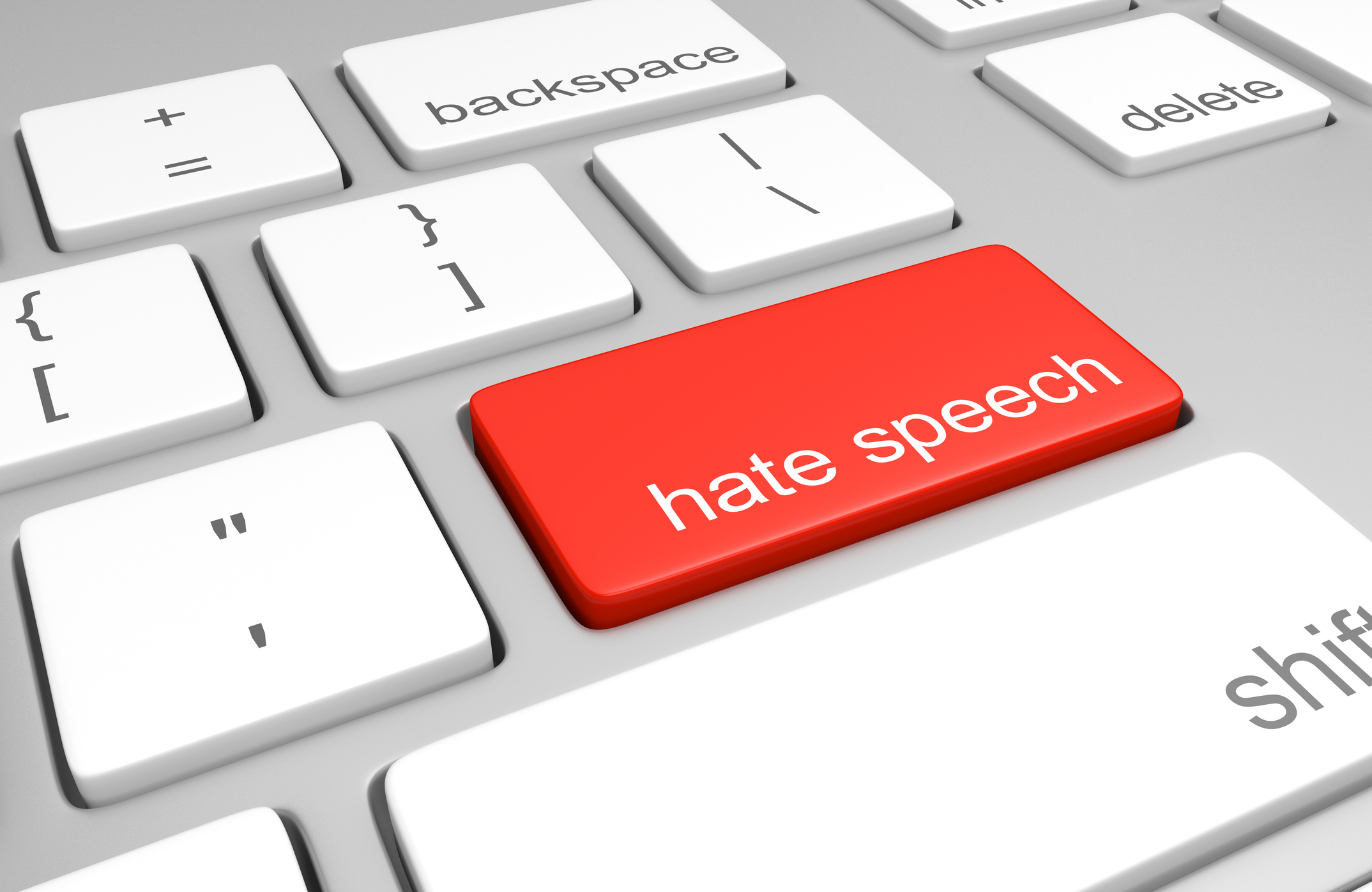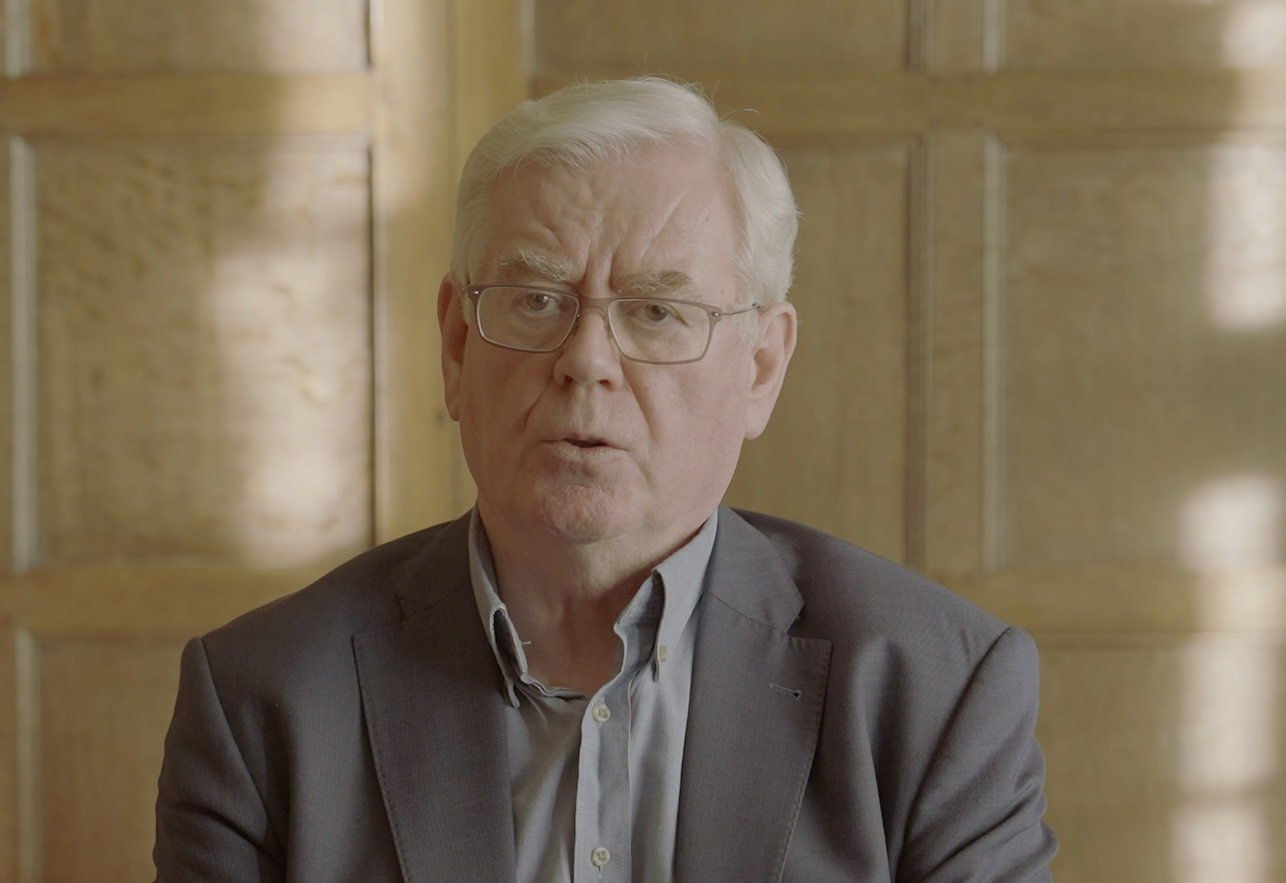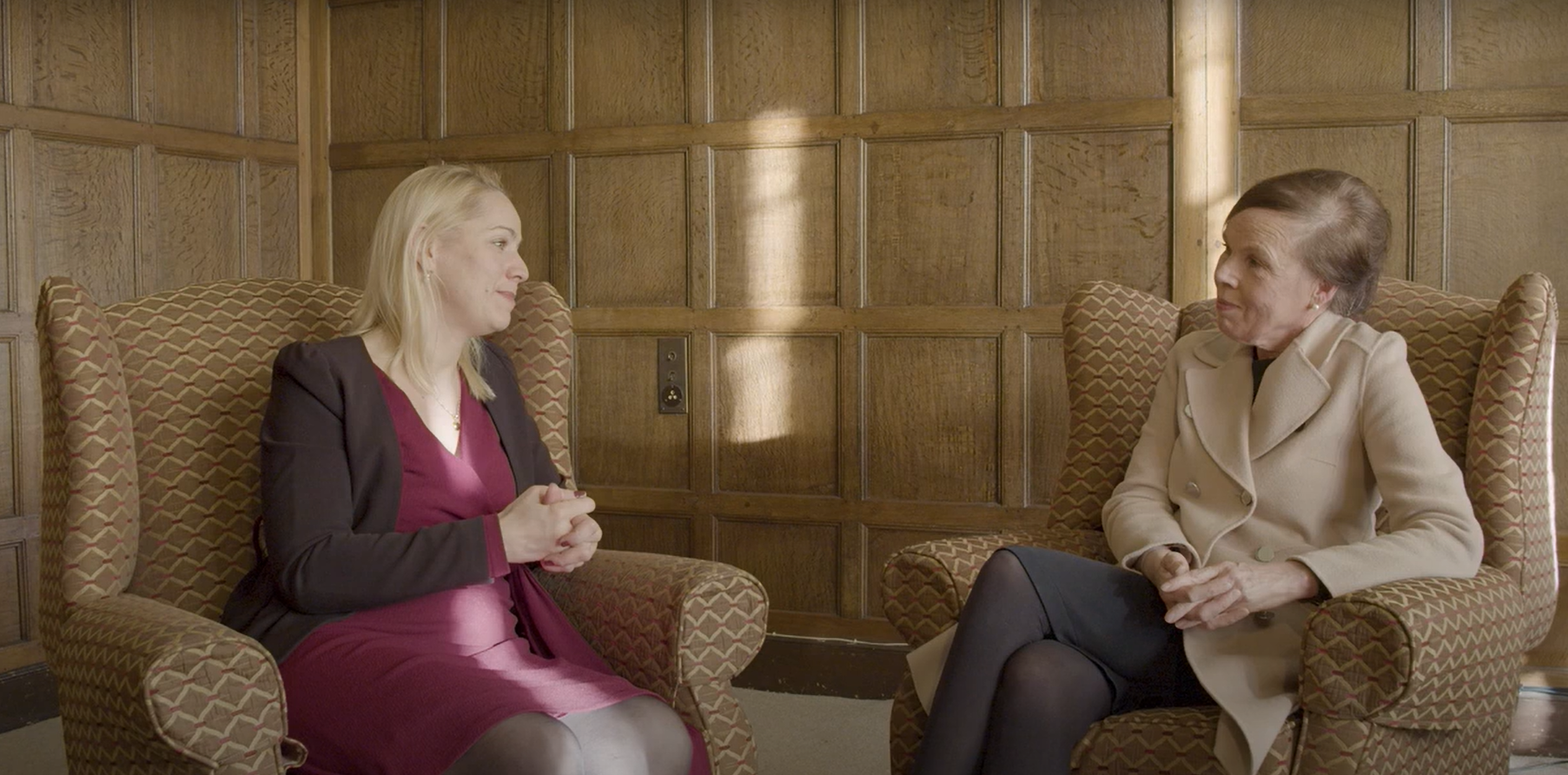The 2018 London Safeguarding Summit brought together a wide range of groups to agree actions to prevent and respond to sexual exploitation, abuse and sexual harassment (SEAH) in the aid sector. The outcomes from the Summit have been invaluable. But five years on there is a clear need for all groups involved in the delivery of humanitarian, development and peacekeeping to agree and work towards a refreshed collective vision on protection from SEAH.
A new Global Framework on protection from SEAH aims for the first time to capture in one place key actions for all stakeholders at the international, national, organisational, programme and individual levels, drawing on existing policies and commitments. It would help create a strengthened and coordinated long-term international approach to PSEAH and so aim to improve practices at all levels.
Having an easy to understand vision, aim and approach that is relevant to all and that embeds a victim-survivor centred approach will consolidate a zero-tolerance to inaction on SEAH, increase protection and reduce harm, and support a safer and more effective system to report and respond to SEAH when it does occur.
This invitation-only Wilton Park conference is being developed in partnership with the UK Foreign Commonwealth and Development Office.
Drawing on the experience and expertise of technical experts across the humanitarian, development and peacekeeping sectors the dialogue aims to:
- Convene stakeholders from the humanitarian, development and peacekeeping sectors to agree how a Global Framework would drive coherence, long-term change and raise the profile of work on PSEAH.
- Create a greater understanding of the resources needed for PSEAH, to make it easier to provide that resourcing.
- Consult on a draft of the Global Framework, with focused discussions on specific aspects of it.
- Discuss the promotion, implementation and monitoring of the framework.
- Strengthen links amongst expert agencies and actors working on preventing and responding to SEAH.
The dialogue will not agree the framework itself but will help inform the first full draft, which will be made available for global consultation later in 2023 with a view to being launched in 2024.
In partnership with
